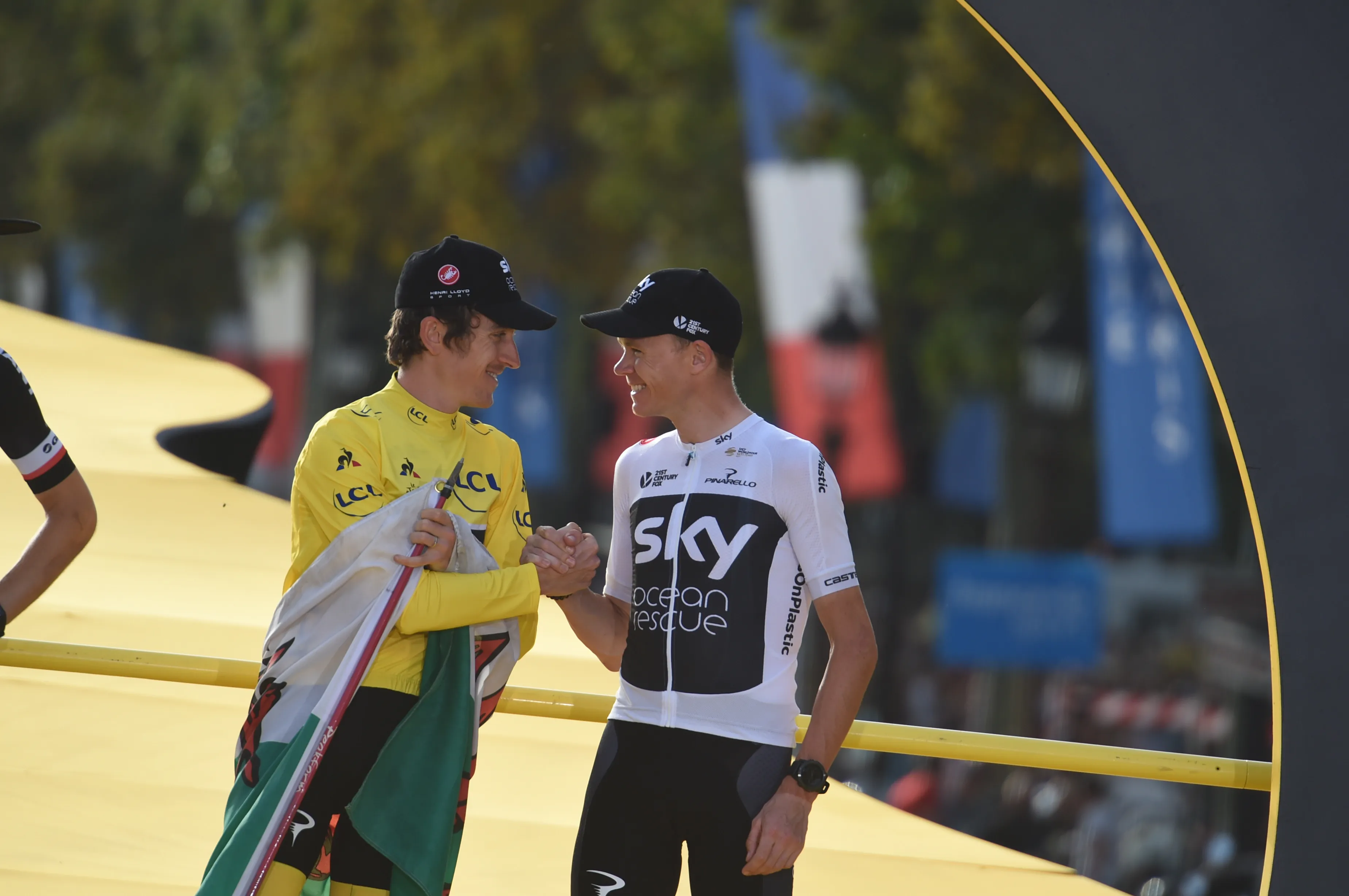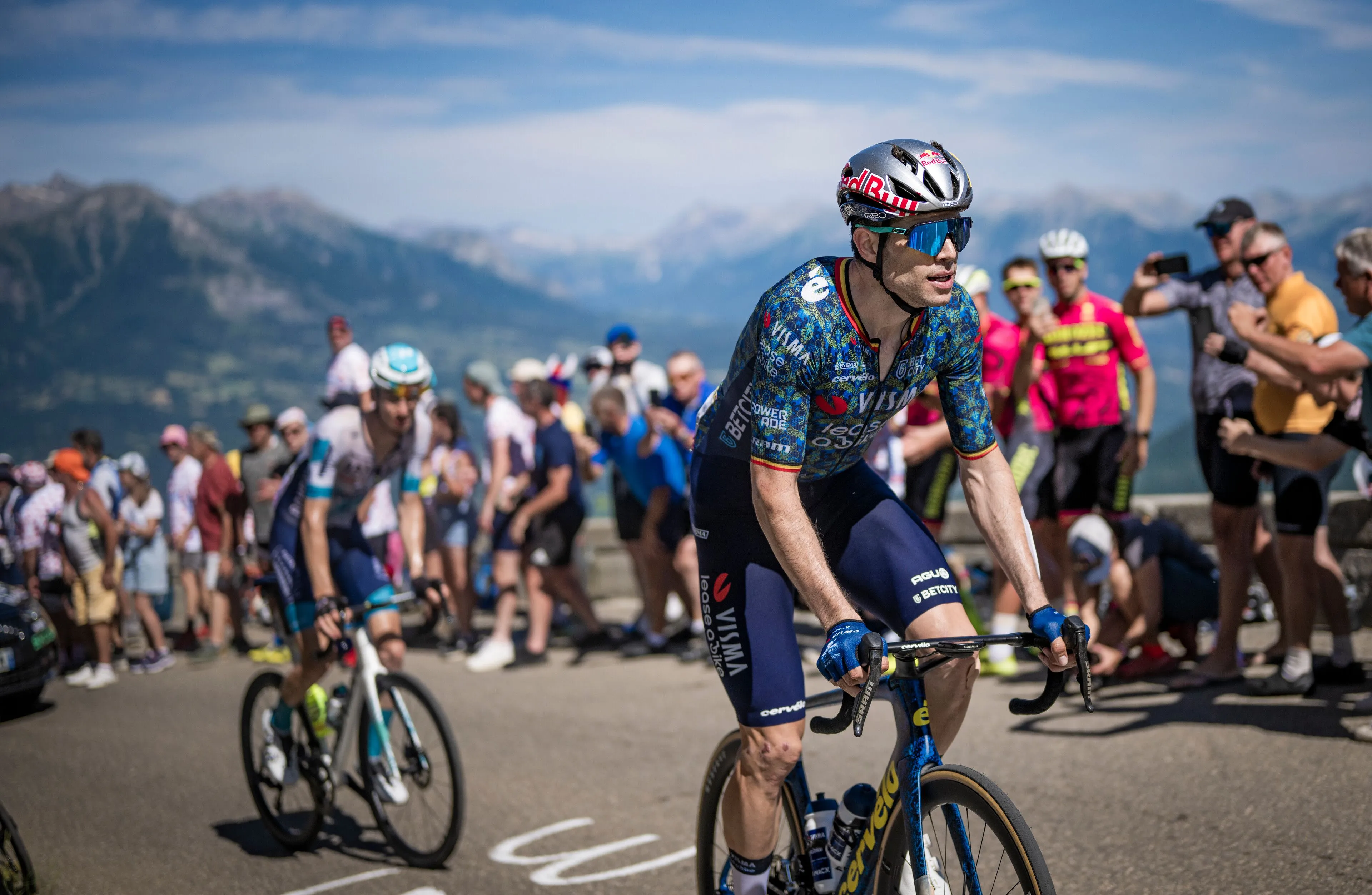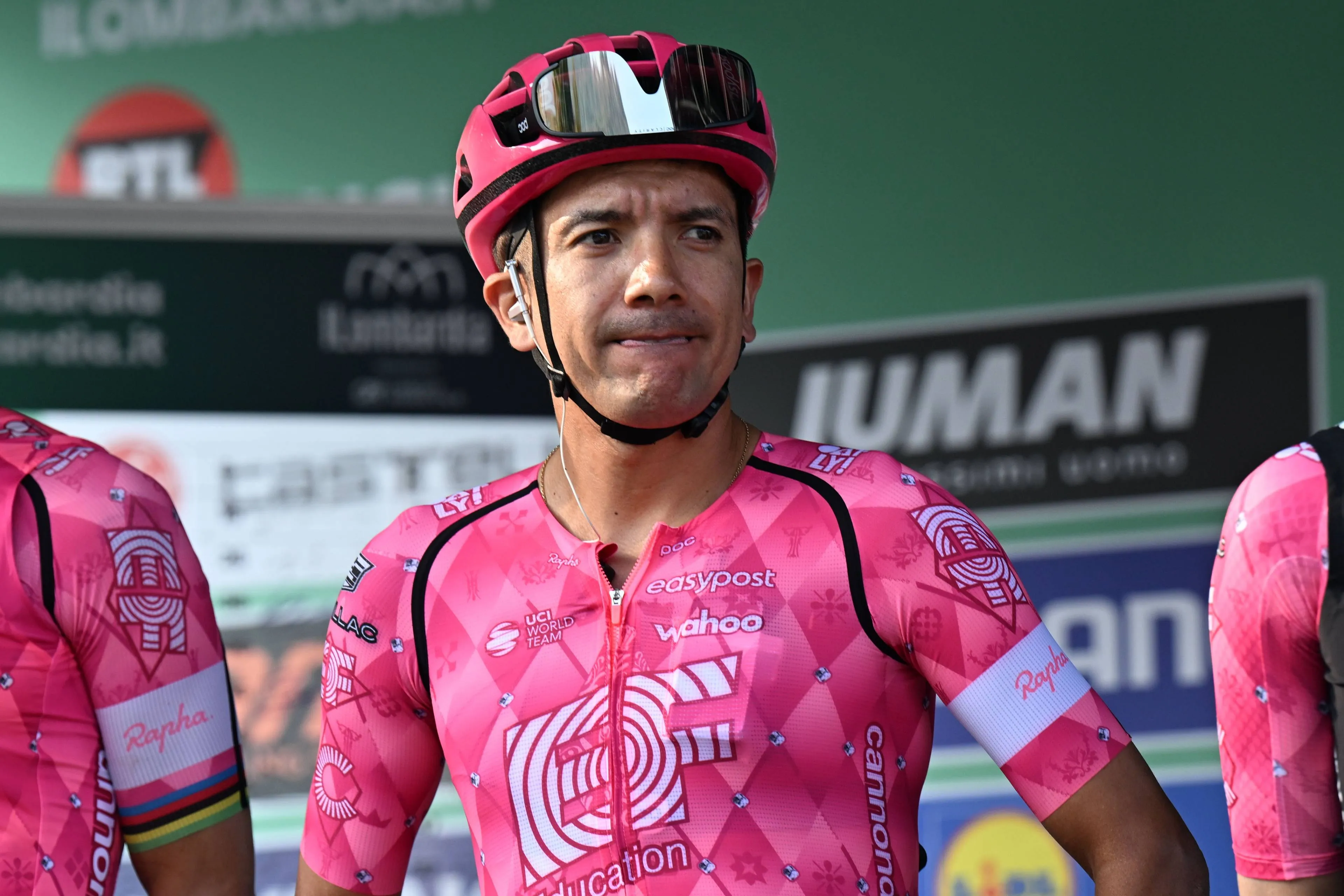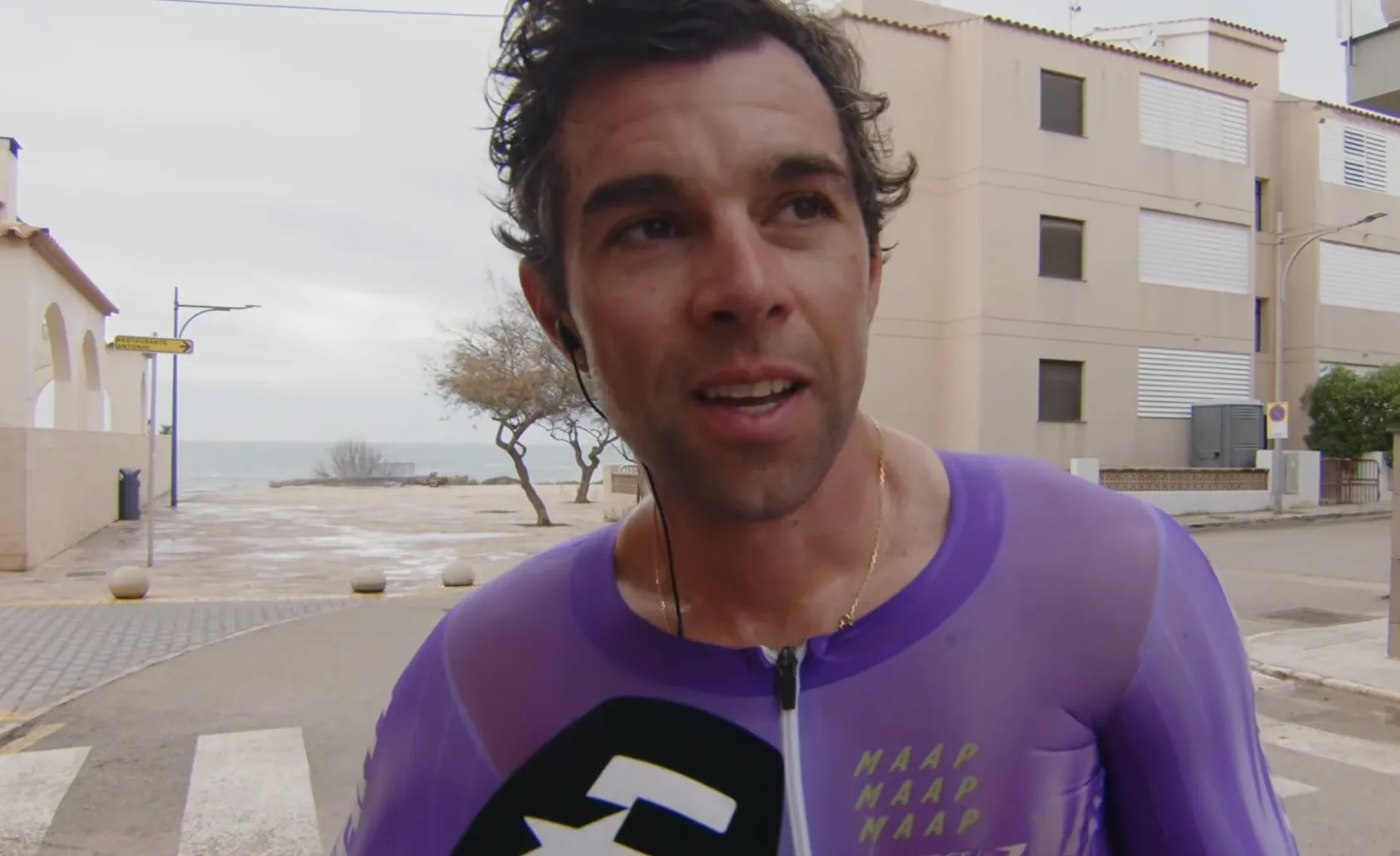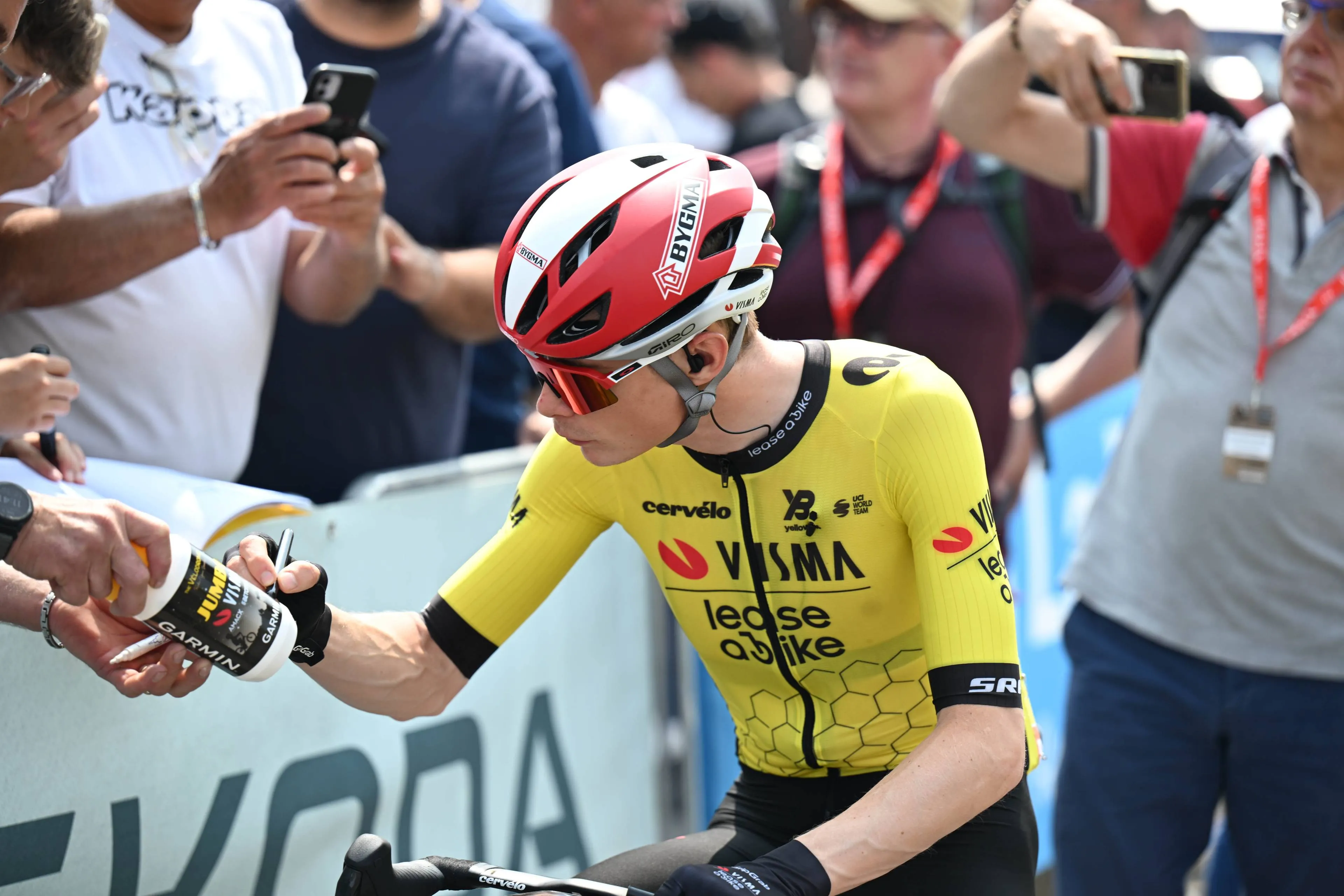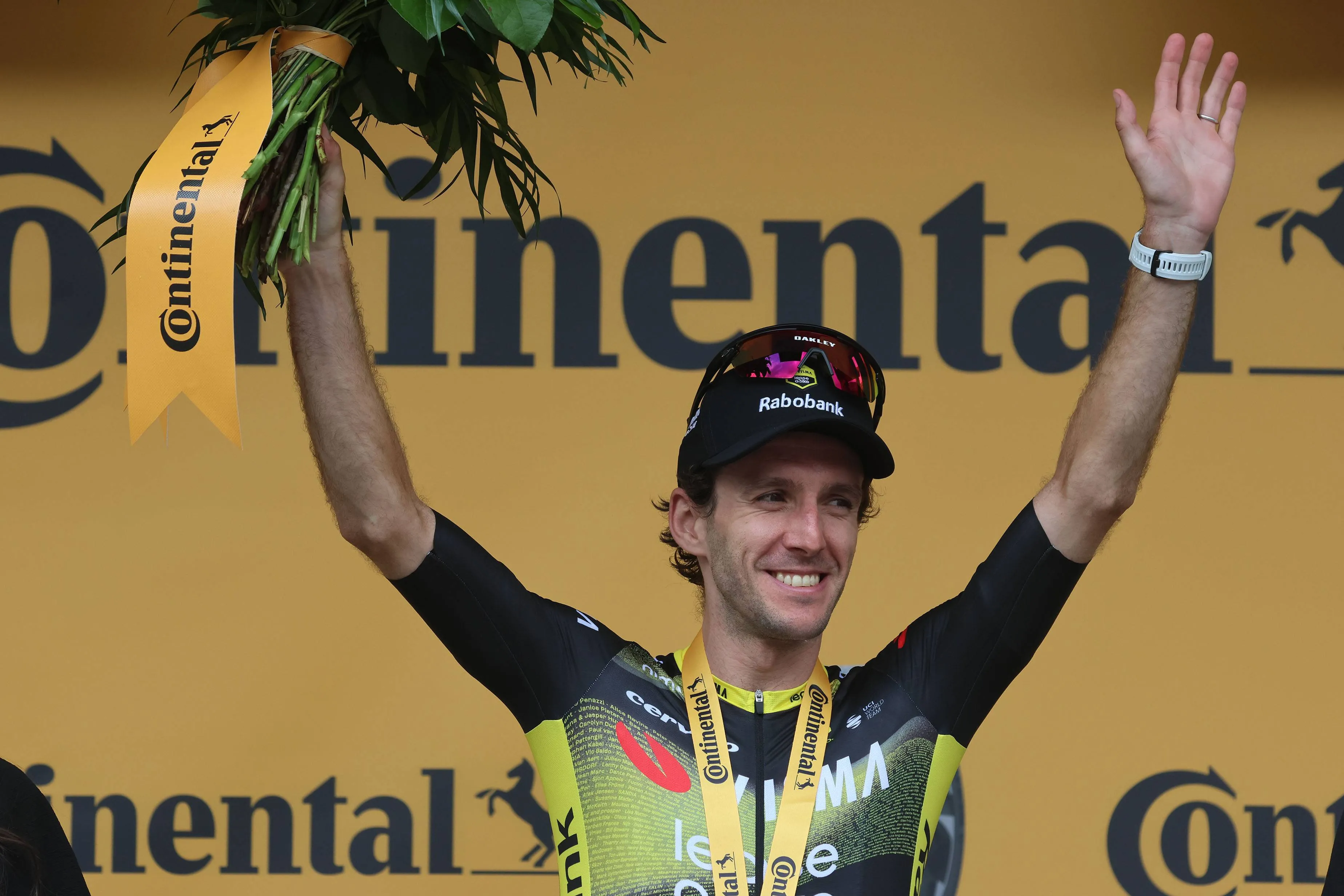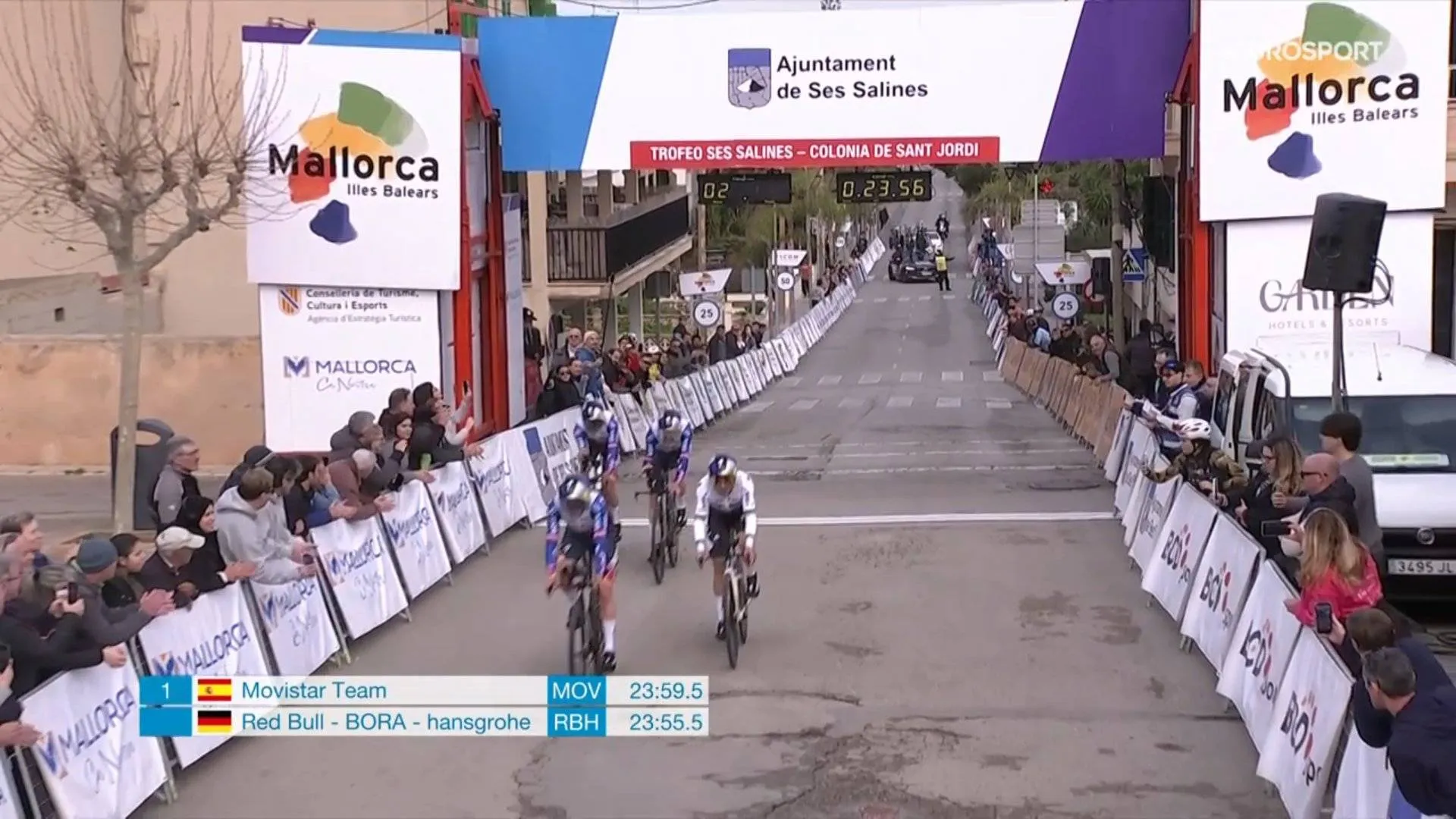Disaster after disaster: From the Tour de la Provence to Etoile de Bessèges, the UCI and cycling refuse to learn their lesson
CyclingMonday, 17 February 2025 at 13:00

It’s only February 17th, and the UCI has already endured a
series of moments they would rather forget. With the 2025 season still in its
infancy, several safety disasters have put the governing body under immense
scrutiny once again, raising serious questions about their ability to protect
riders in professional cycling.
Let’s take a look at the current state of safety in cycling,
and give an overview of the disastrous start to 2025 in terms of improving rider’s
safety.
Read also
Coming into 2025, there was a renewed focus on improving
rider safety, prompted by alarming incidents in previous seasons. Over the past
few seasons, cycling has sadly lost riders such as Muriel Furrer and Andre Drege,
and several others also in competition or during training.
The UCI introduced several new measures last summer in an
attempt to improve conditions for riders, including the yellow card. However,
just weeks into the new season, the effectiveness of these changes is already
being called into question.
A significant part of the issue is the UCI’s continued
deflection of blame onto riders. According to a report published earlier this
year, the governing body and its safety partner, SafeR, claimed that rider
errors accounted for 35% of race incidents.
Read also
This statistic has been widely criticised, with many arguing
that it shifts focus away from the structural and organisational failures that
contribute to these dangerous situations.
Safety failures to kick off 2025
Despite the UCI’s promises, the opening months of the season
have already been plagued by serious safety incidents. One of the most alarming
occurred last week at the Étoile de Bessèges, where a car entered the
racecourse midway through stage 6, causing several teams to withdraw in
protest.
The reaction from the UCI has been mixed, with the governing
body promising a “thorough investigation” and hinting at severe fines and
increased supervision for race organisers. However, some race organisers have
pushed back, arguing that teams are demanding more than is feasible. Really? Is
a professional cycling team demanding no pedestrian cars on the course whilst
the peloton is riding through really ‘unfeasible?’
Read also
Riders and team managers, meanwhile, have voiced their
frustrations over the continued dangers they face on the road. Ralph Denk, head
of Red Bull BORA, criticised race organisers for failing to consider rider
safety, stating, “No rider wants to end up in a ditch with broken bones. Race
organisers need to remember cycling is not a video game.”
Visma boss Richard Plugge also weighed in, warning that the
sport must stop cutting corners when it comes to safety. “Safety must be
without compromise,” Plugge insisted firmly.
Tour de la Provence
Just yesterday, another shocking moment occurred when Pascal
Ackermann crashed after hitting a pedestrian crossing in the closing metres of
a sprint finish.
This latest incident has only added to the growing outrage.
Former pro Johan Bruyneel delivered a scathing assessment of the UCI, stating,
“The big problem lies with the UCI.” He accused the governing body of failing
to hold organisers accountable, instead opting to deflect blame elsewhere.
Read also
Amidst all the controversy, the UCI has taken at least one
commendable step by officially banning the use of carbon monoxide rebreathing,
a controversial practice believed to offer riders a competitive edge but at
significant health risks. While this move has been welcomed, it does little to
address the immediate other safety concerns currently overshadowing the sport.
With the season still in its early stages, the UCI faces
mounting pressure to take meaningful action before another tragedy occurs.
While rider safety measures have been introduced, the series of early-season
disasters has proven that the current system is not fit for purpose.
Read also
If the
governing body continues to deflect responsibility and fail to hold organisers
accountable, it risks further eroding trust among teams, riders, and fans
alike.
Cycling is a sport built on courage, but it should not come
at the cost of basic safety. It is time for change.
claps 1visitors 1
Just in
Popular news
Latest comments
- Ah, so I finally lost out on some info by not being on X, thanks for relaying:-)Mistermaumau30-01-2026
- I can relate but don’t think it’s such a big issue, here we have 10 teams within a minute of each other. Like every other day except the ITT, strong riders have to count on a team just in case, that collaboration/organisation/strategy is best tested during a TTT where there is no-one else to take advantage of. Cycling is always defined as a team sport, we should remember that when placing too much focus on only looking at the strong riders. Otherwise, help the Saudi start a rival Tour, solo no team (no drafting would make it too boring for spectators so not really solo). They will soon have plenty to invest now that LIV is dying.Mistermaumau30-01-2026
- Only what a few of them (and one or two sports personality managers) have told me about it wrt riding with strangers but hey, everyone is capable of lying, just as everyone is capable of writing illegal or worthless contracts. That said, there are obviously vast differences between certain riders and your average domestique, who probably aren’t even allowed to go skiing.Mistermaumau30-01-2026
- C’mon, what risk would such an Aryan looking angel without a mask run there at the moment ;-)Mistermaumau30-01-2026
- I wonder if he has a financial advisorMistermaumau30-01-2026
- You also suggested teams (even though we are discussing a solo rider) should pay for privatisation to avoid disrespect of road etiquette. But this would be totally pointless given road etiquette so I really don’t get what you’re campaigning for.Mistermaumau30-01-2026
- In other news, the leader of Team USA sues his team for showing paying fans and spectators his finances thereby potentially making fans and spectators pay even more for knowing what they’re paying for. Funny, the media is very focused on JV’s wife for one thing, Remco’s for another thing, Tadej’s for being, we’ll basically Tadej’s and show zero interest in anyone else’s partner or their personal affairs. I mean, aside WVA and MVDP we don’t even get to know if anyone even has a relationship unless they get killed or have their own cycling career. This is starting to get very paparazzi. What next, the content of their kids’ piggybanks?Mistermaumau30-01-2026
- could be...
 maria2024202429-01-2026
maria2024202429-01-2026 - Yes. For sure. How sadYJKauf1329-01-2026
- I dont like the TTT in the TDF. Riders with potential to win or be in the top 5 or 10 can lose minutes with a weak team. Strong riders on strong teams love it cause it gets rid of potential competitionCyclingnut29-01-2026
Loading
Write a comment

